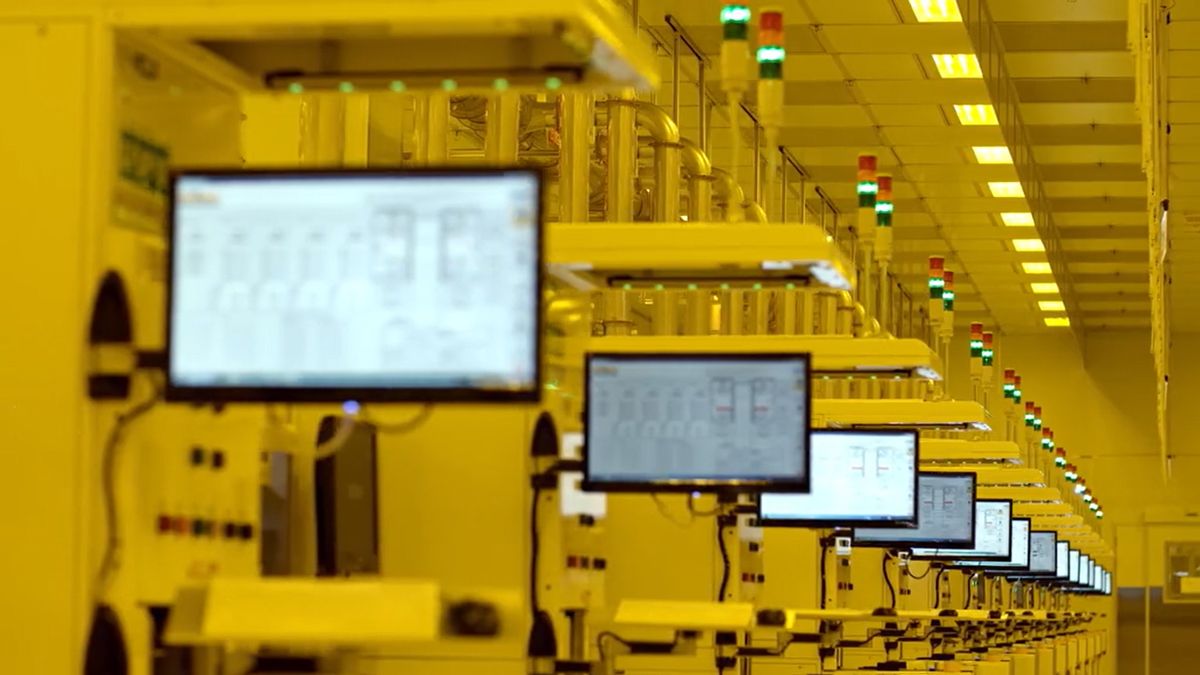TSMC ends contract with Singapore-based company over alleged Huawei ties
Suspicions grew after it could not identify the end user of PowerAIR's chips.

TSMC has ceased its relationship with Singapore-based PowerAIR after a client review raised concerns about potential violations of U.S. export controls, reports the South China Morning Post, citing people familiar with the matter. As TSMC could not identify the end user of PowerAIR's chips that it ordered, it reportedly presumed that it was dealing with an entity with possible connections to Huawei, which has been under the U.S. technology embargo since 2020.
TSMC's action follows the discovery of a TSMC-made chiplet in a recently assembled Huawei Ascend 910 AI processor. That particular chiplet was ordered by Sophgo, a relatively unknown entity. Singapore-based PowerAIR is just as unknown as Sophgo, it seems. The firm was incorporated as a private company working on engineering design and consultancy back in September 2023. It lacks an official online presence or publicly listed contact information, according to SCMP. The company was flagged after TSMC identified a possible link between its chip designs and Huawei's.
This is not the first, but the second time that an entity disguised under an 'unknown' brand provided the blacklisted Huawei with high-end technologies that help China's economic and therefore military development, SCMP reports. At this point, we do not know whether we are dealing with the second or the third high-end processor destined for Huawei and allegedly made by TSMC.
Considering the fact that PowerAIR is an unknown entity probably with few (if any) engineers and with no publicly known contracts with companies like Andes, Alchip, or Alphawave, or entities known for designing high-performance IP, TSMC had all the reasons to be suspicious. Being suspicious enough, TSMC seemingly linked PowerAIR to Huawei and therefore was obliged to cease the contract. Per the report, TSMC did just that.
Since September 2020, Huawei has been prohibited from legally purchasing chips made with American technology, which encompasses nearly all chips. To circumvent this restriction, Huawei reportedly employs intermediaries to place orders or acquire components. In 2024, the company used Sophgo, a Bitmain affiliate, to order Huawei-designed Virtuvian computing chiplets for its Ascend 910 processor, violating U.S. sanctions. This violation was uncovered by TechInsights during a teardown of the Ascend 910 processor. Upon confirming the match, TSMC halted shipments to Sophgo and reported the issue to U.S. and Taiwanese authorities.
Stay On the Cutting Edge: Get the Tom's Hardware Newsletter
Get Tom's Hardware's best news and in-depth reviews, straight to your inbox.

Anton Shilov is a contributing writer at Tom’s Hardware. Over the past couple of decades, he has covered everything from CPUs and GPUs to supercomputers and from modern process technologies and latest fab tools to high-tech industry trends.
-
Marlin1975 So they do not do business with PowerAIR anymore. But just signed a contract with PowerFIRE. Good timing, they just had production open up.Reply